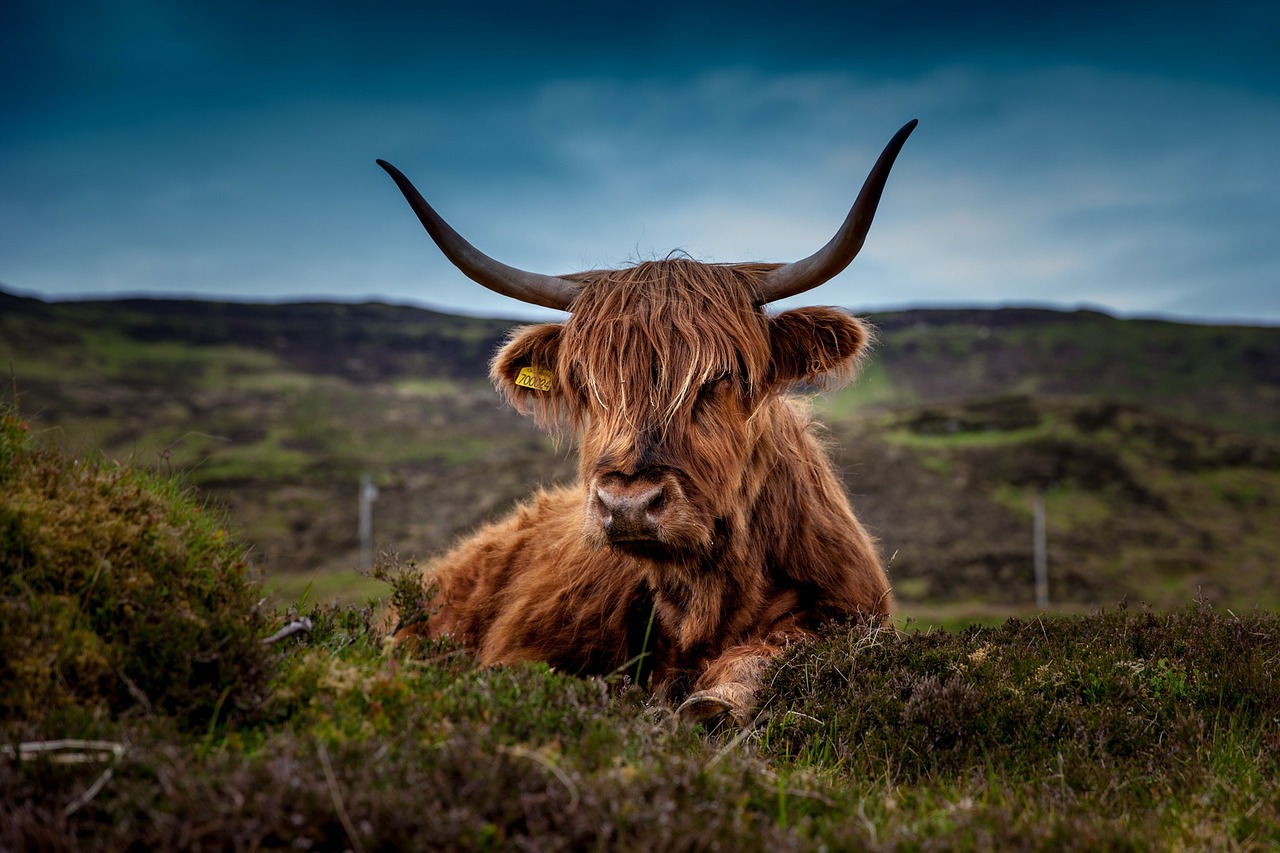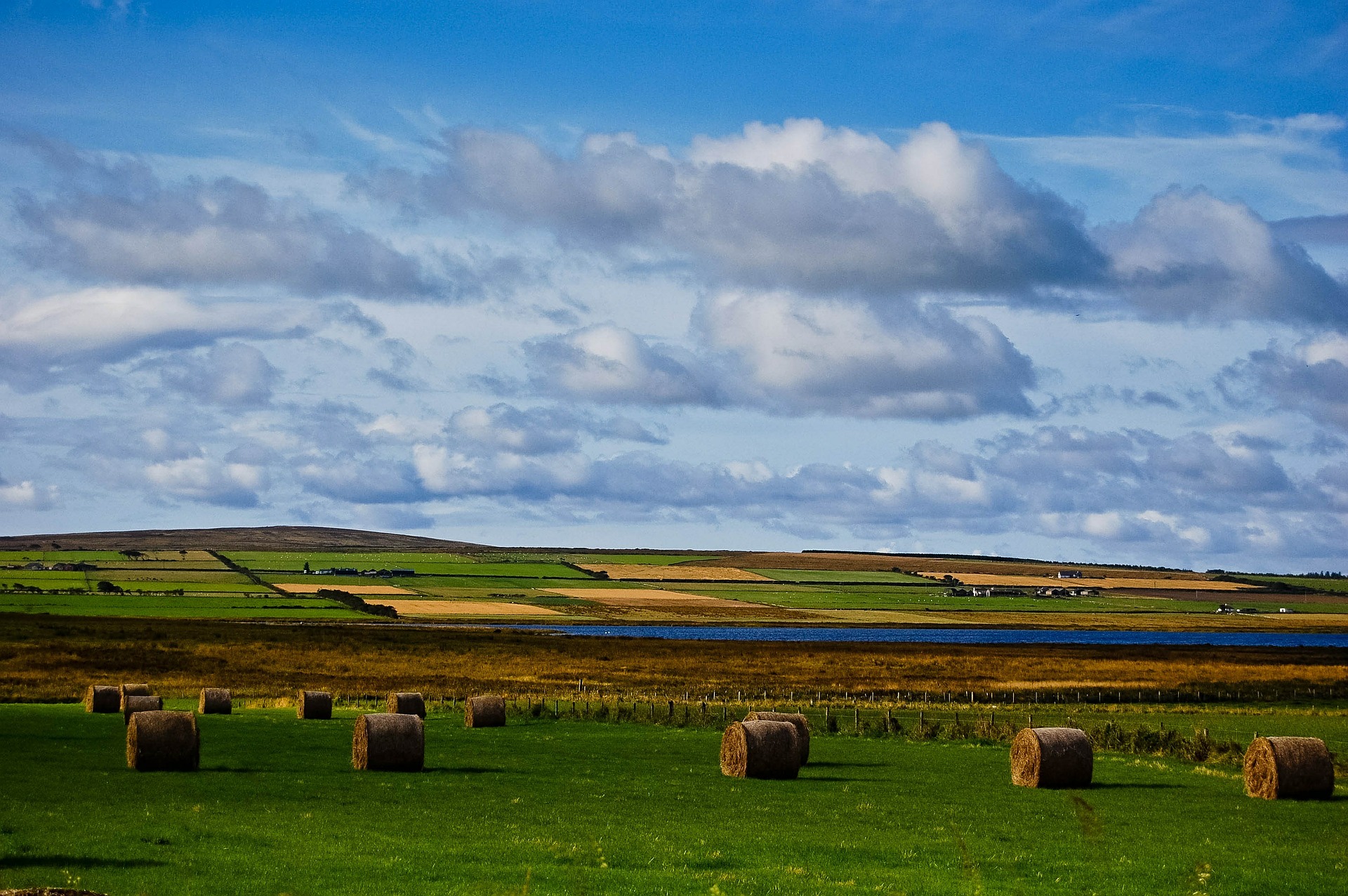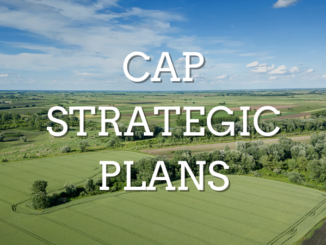By Pete Richie (Nourish Scotland)
Nourish Scotland and ARC2020 conference (on now) info here Follow @ARC2020 @sam_feret @NourishScotland and #CitizensCAP for live updates from the conference

The refugee crisis in Europe has dominated the news agenda in recent weeks, just as the Greek financial crisis did for the first half of 2015 – and next year it will be the in-out referendum. In recent weeks, the odds have shortened suddenly on the UK voting to leave the EU, with a narrower gap in polling than between ‘yes’ and ‘no’ for most of the Scottish referendum campaign.
To date, the debate has been about big ideas like ‘sovereignty’ and has not touched on second order issues such as the Common Agricultural Policy (CAP). This will change. The argument will be made that we are paying extra for our food because we are subsidising farmers in other EU countries, and that we could do a better job ourselves: and that we should put our fishermen first. So this is a good time to take a look at the CAP. Is it on balance a positive element in the wider European project or is it an example of what’s wrong with the EU? If we do leave, and start designing from scratch, what would domestic agricultural policy look like? And could those fresh ideas be used to make a better CAP if we stay?
Nourish wants to see a fundamental rethink of the CAP. It makes sense, whether we see Europe as simply a ‘common market’ or a broader political project, to have a common policy framework which creates a fair internal market while supporting high environmental and animal welfare standards.
However, the justification for direct payments is unclear. The European Commission argues that “farmers receive annual payments to help stabilise farm revenues in the face of volatile market prices, unpredictable weather conditions and variable input costs. To benefit from these payments, farmers must respect rules and practices concerning environmental standards, animal welfare, food safety and traceability. Many of these requirements are stricter than those facing our global competitors. This is also what EU consumers and taxpayers want from the CAP. To avoid distorting markets, payments are not based on how much a farmer produces, but on how much land he uses and how he uses it.”
However ‘stabilising farm revenues’ suggests that support payments are for bad times, but they are in fact a level annual payment. It’s not clear why farmers should be paid to obey rules on animal welfare and environmental standards.
And it’s not clear why farmers with more land should get larger annual payments. Nourish agrees that significant public support for farming in Scotland is needed. We want to see more farmers, not fewer, and for Scotland to eat more of what we produce, and produce more of what we eat

We want to see a ‘new deal’ between the Scottish public and Scottish farmers and growers, where public support delivers public benefit – for the environment, for animal welfare, for public health, and for communities. Short food chains, with more of the retail price going to the primary producer and closer connections between producers and consumers, are a key element in this new deal.
We expect a major shift towards organic and agroecological farming methods – farming with nature. We also want a clearer vision for sustainable rural development in Scotland, with the CAP contributing to a repopulated, low carbon rural Scotland.
While there are many good schemes in Scotland’s rural development plan, most of the limited money is directed at farming and forestry. Nourish wants to see ambitious projects for rural development, including housing, renewable energy, right size industry, and long-term partnerships between communities and land managers. The Land Reform Review Group called in its 2014 report for the land of Scotland to be used ‘in the public interest and for the common good’ – and with most of Scotland’s dry land being used for agriculture this concept should underpin our agricultural policy.
We should be willing to draw on other public policy analogies too. GPs operate as private businesses while being paid to deliver public goods. Social enterprises – a growing part of the Scottish economy and comparable in scale to farming – rely on a similar mix of income from grants and income from trading to deliver a range of socially valued goods and services. Shifting the CAP takes time – it will be 2019 before farm subsidies in Scotland stop reflecting the number of sheep a farmer owned in the year 2000 – so we need to get started now on discussing the CAP post 2020.
In the coming debate on the EU referendum, few people will argue that the CAP in its present form is the poster child for the European project. But UK proposals for ‘reform’ in the EU prior to the referendum need to make things better, not worse. For all its faults, the CAP shapes the food and farming system for 500 million people. It can be part of the solution for climate change, for biodiversity and for sustainable rural development.





